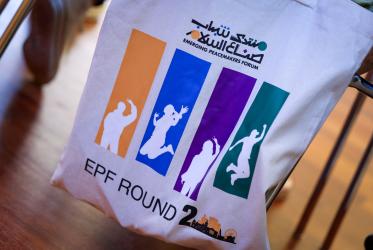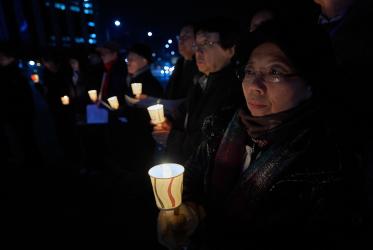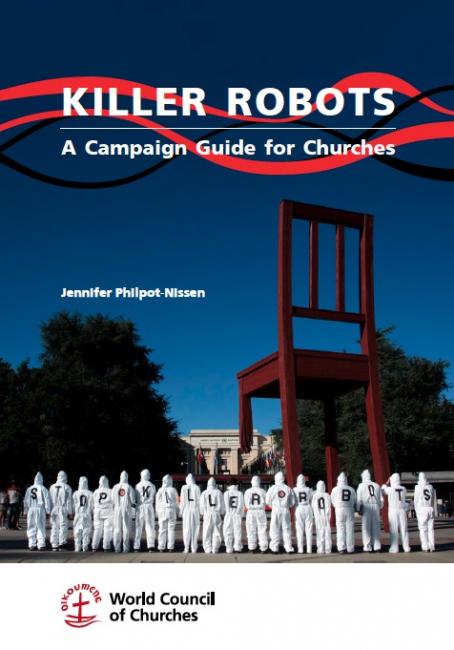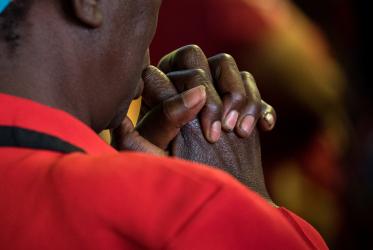Displaying 1 - 20 of 32
Voice of churches vital during UN women’s rights talks
28 March 2024
A Guide for Churches on the Prevention of Obstetric Fistula
26 October 2023
ACT Alliance general secretary: “equity is not negotiable”
26 September 2023
HIV and AIDS Civil Society Networks and the Faith Sector
Lessons Learnt from Strategic Engagement in India, Dominican Republic, Indonesia, and Jamaica
31 January 2023
Strengthening Christian Perspectives on Human Dignity and Human Rights
Perspectives from an International Consultative Process
19 August 2022
In Lebanon, “without peace there is no justice”
21 July 2021


















